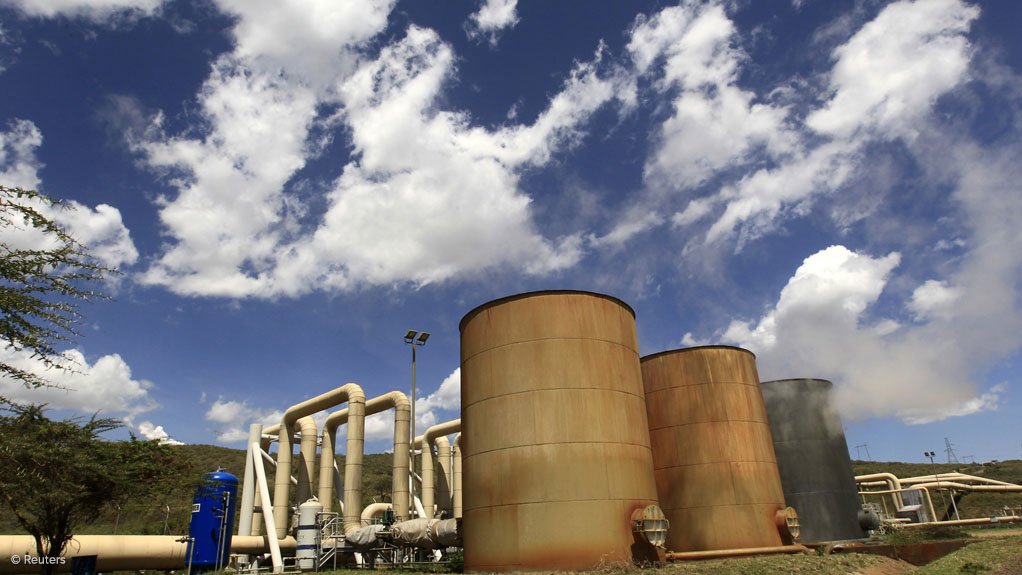With African governments realising that long-term power solutions will not come in the form of one technology, South Africa’s Department of Energy is advocating advances in coal, renewable energy, gas and nuclear technologies, says global engineering, procurement, construction and consulting company Black & Veatch.
“Africa is a hub of abundant energy resources that can be brought on line quickly and cost effectively. A blended and balanced energy system that includes traditional energy resources, small-scale systems and renewable-energy sources will provide adequate power output for cities and industries, as well as reaching consumers in more remote areas,” says Black & Veatch business development director Webb Meko.
He adds that, in Ghana, for instance, advancing the country’s existing energy mix means that it is now predominantly powered by hydro and thermal energy sources. Ghana is also looking for other renewable-energy sources, such as solar, wind and biomass power, as well as distributed generation and microgrids, to play more integral roles in the future. Included in these long-term considerations is nuclear.
“[The] rapid increase in power generation [in Ghana] is due to it seeking to sustain economic growth, increase power for export, and accommodate an increasing level of urbanisation, which is forecast to grow by 72% by 2035.” The country recently leapfrogged South Africa and Botswana in BMI Research’s Risk/Reward Index for the mining sector.
Kenya has implemented geothermal, solar and wind electricity solutions, with off-grid renewable solutions to boost electricity access being added. Gas-fired power generation and baseload coal plants are also predicted to play a role in the future.
Building Investor Confidence
Meko notes that African countries have much work to do, such as removing investment barriers, embracing new approaches and clearing other obstacles to plan and implement advanced technologies. In addition, a systematic and proven approach to project development fosters investor confidence, and provides a predictable return on investment.
He explains that investors are searching for bankable, well- developed and delivered projects, with experienced consultants and engineering and construction providers. “This assurance is particularly important when owners or investors are dealing with technologies they may be less familiar with.”
Moreover, Meko cautions that companies should screen and evaluate those who will be delivering energy projects, before and during the tender process. “This is to ensure the appointment of experts with the best holistic qualifications, with more weighting placed on life cycle cost selection.”
He points out that making tender award decisions based solely on low pricing can be a trap – leading to projects that are not well planned, behind schedule, lack plant performance requirements and end up more expensive in the long run. Asset values for investors can also be hindered by poor project development issues and performance.
“Appointing a trusted specialist with a proven and relevant record of experience, with projects relevant to the size and technology of the investor’s requirements, results in concrete project development and execution plans, and provides the best path to investment confidence and project execution certainty,” assures Meko.
He mentions that it is encouraging that many African countries are investigating and implementing a variety of project development standards. Meko says that financing and investor assurance, as well as engaging the industry’s most capable providers, are what are required for Africa’s sustainable energy future.
Edited by: Zandile Mavuso
Creamer Media Senior Deputy Editor: Features
EMAIL THIS ARTICLE SAVE THIS ARTICLE
ARTICLE ENQUIRY
To subscribe email subscriptions@creamermedia.co.za or click here
To advertise email advertising@creamermedia.co.za or click here













